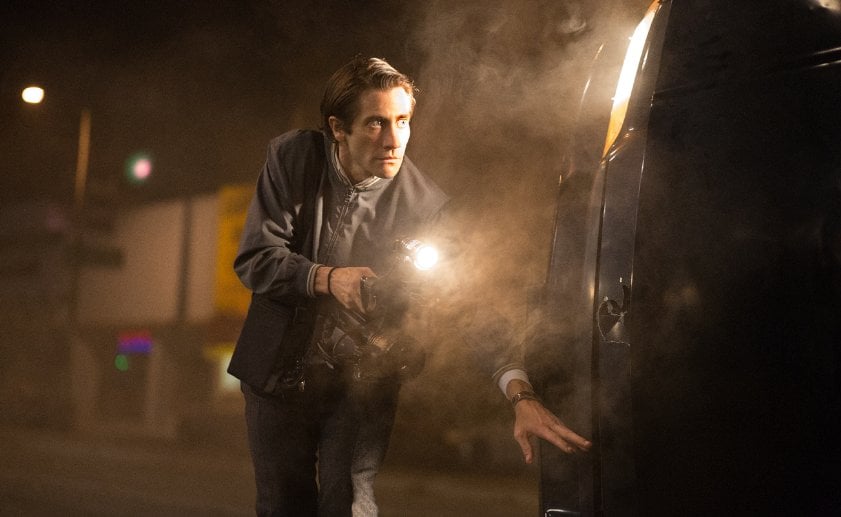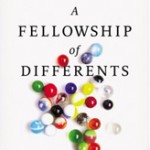 Nightcrawler is a creepy, creepy movie. Not because its content is terribly over-the-top. It’s actually not. There is your requisite strong language, but there’s no onscreen sex, and the violence is handled pretty appropriately for a film about sensationalizing violence.
Nightcrawler is a creepy, creepy movie. Not because its content is terribly over-the-top. It’s actually not. There is your requisite strong language, but there’s no onscreen sex, and the violence is handled pretty appropriately for a film about sensationalizing violence.
What’s creepy about the film is the cold lack of humanity couched in corporate, TED-talkish lingo (the main character fancies himself a self-taught corporate type). What’s creepy about the film is that in two key characters, we have a sense of how soulless TV news (and tabloid news and the media in general) is. And we get put face-to-face with how our love of sensationalized news and content is devouring the lives of real people.
Nightcrawler is Dan Gilroy’s neo-noir thriller about Louis Bloom (Jake Gylenhaal), a thief. One day, Lou sees a freelance camera man filming a car crash and suddenly gets a vision for how to achieve success in his life. There is money and power to be had for those who wield the camera mercilessly. From that moment forward, Lou is hooked on the rush of freelance camerawork. He works late at night, following the beckoning call of his police scanner. He finds a desperate TV news director, Nina Romina (Rene Russo), and sends compelling, bloody, dramatic footage her way. He gets himself a homeless assistant, Rick (Riz Ahmed), who is desperate for Lou’s approval but also simultaneously a refreshing bit of humanity.
Lou goes from merely finding bad situations that are already occurring and filming them in an exploitative fashion…to arranging situations so they create more drama for the viewer (example: he moves a body from a car crash in order to create a better camera angle)..to finally manufacturing situations that are life-threatening to others simply so that he can earn more money and prestige by obtaining more dramatic footage for TV. He moves, then, from ethically questionable practices to practices that are clearly morally perverse and destructive. The more extreme he gets, the more Nina seems to admire him. In many ways, her desperation feeds his drive. She may not be out there doing these morally perverse activities herself, but by her desperation for higher ratings, she is equally complicit.
Likewise, the viewers who reward morally perverse television stations with higher ratings are equally culpable. Yikes. When we view the news (or visit TMZ or read a tabloid), do we think about how to treat the subjects of the news with humanity? Or do we just want our “fix” of breaking news images? Is a more dramatic image more attractive to us? Or do we appreciate a certain amount of restraint in how people are treated? Do we expect our news agencies to honor the humanity of the people they feature? Or is everybody expendable?
(Think all this is too far-fetched? There was a similar story involving Brazilian TV host Wallace Souza a few years back. He arranged for murders to take place so he could feature them on his TV show.)












